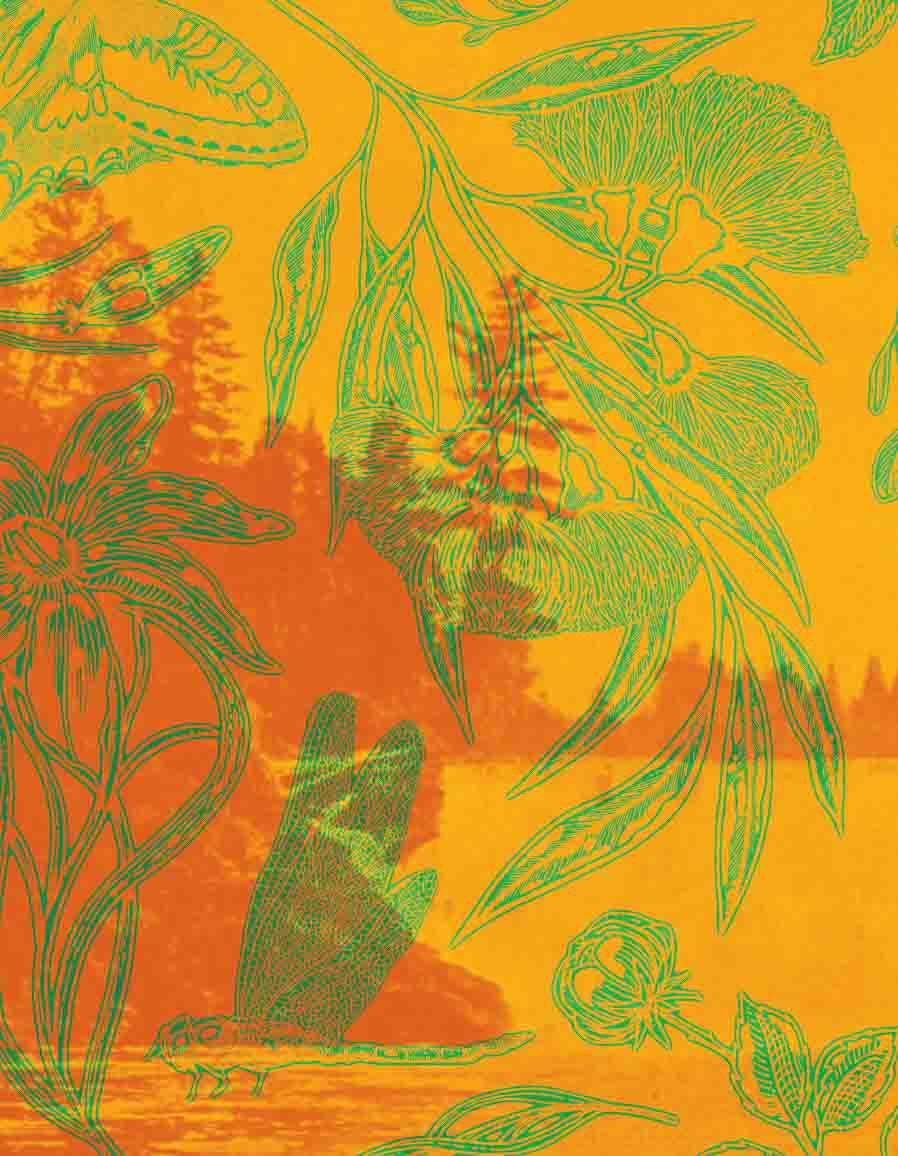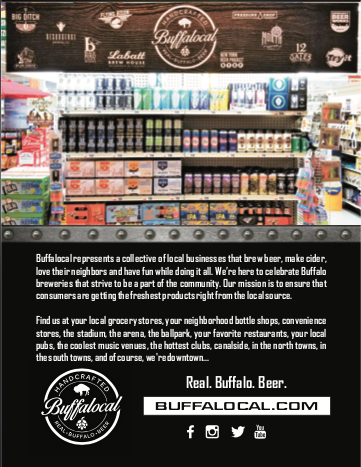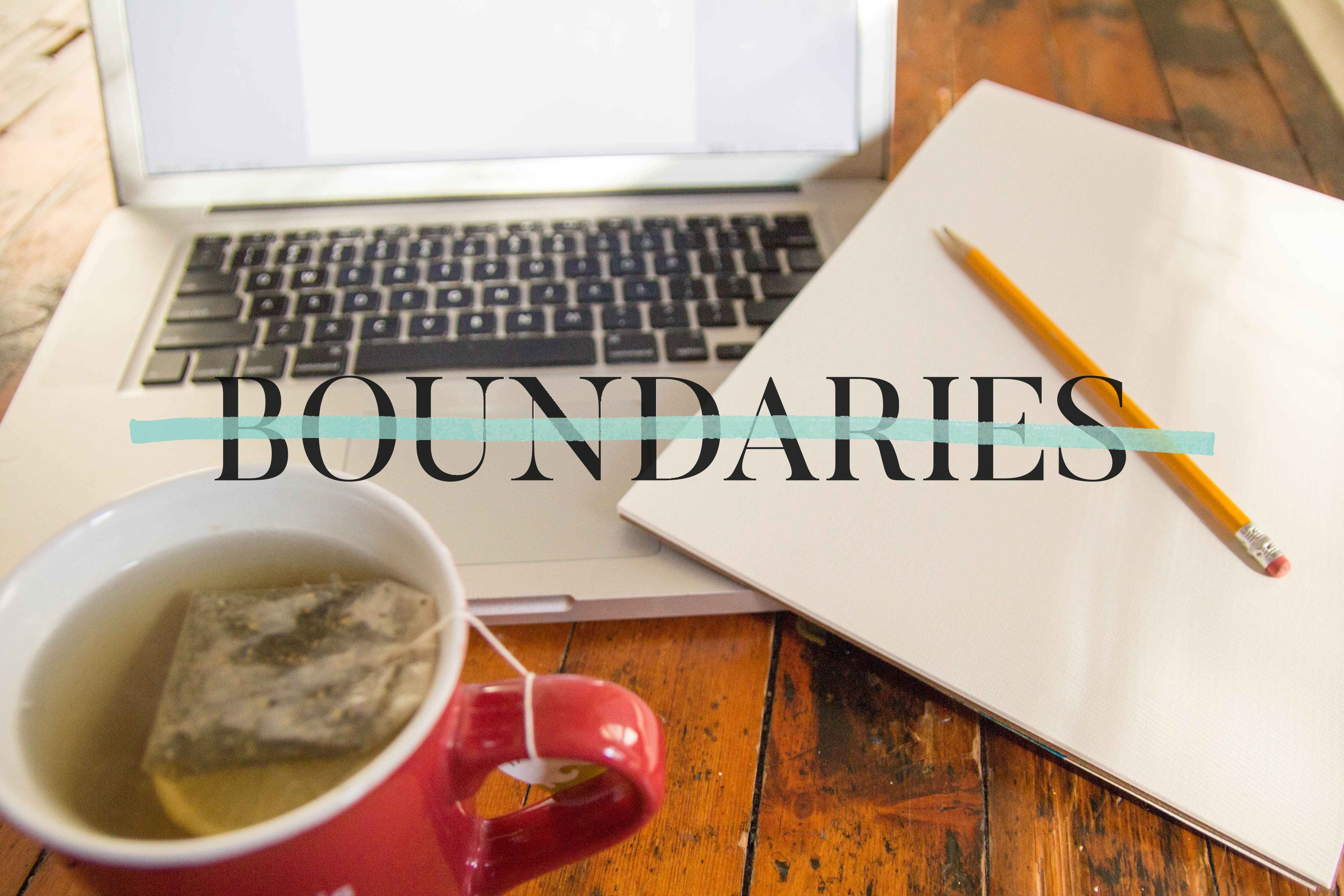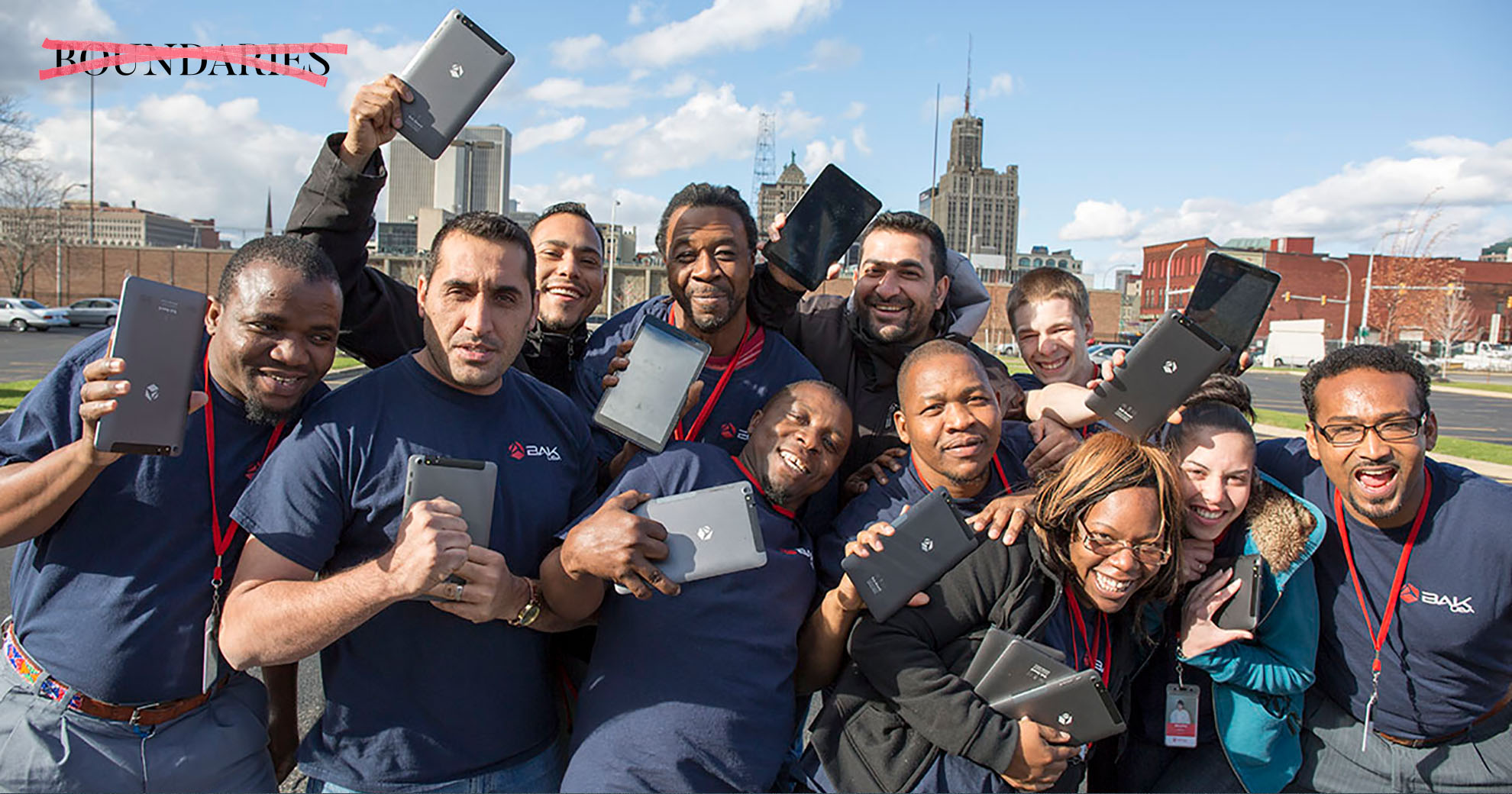While possibly a lot of fun, magic mushrooms are not a DIY fix for mental health issues
Written by Kevin Heffernan
Designs by Casey Kelly
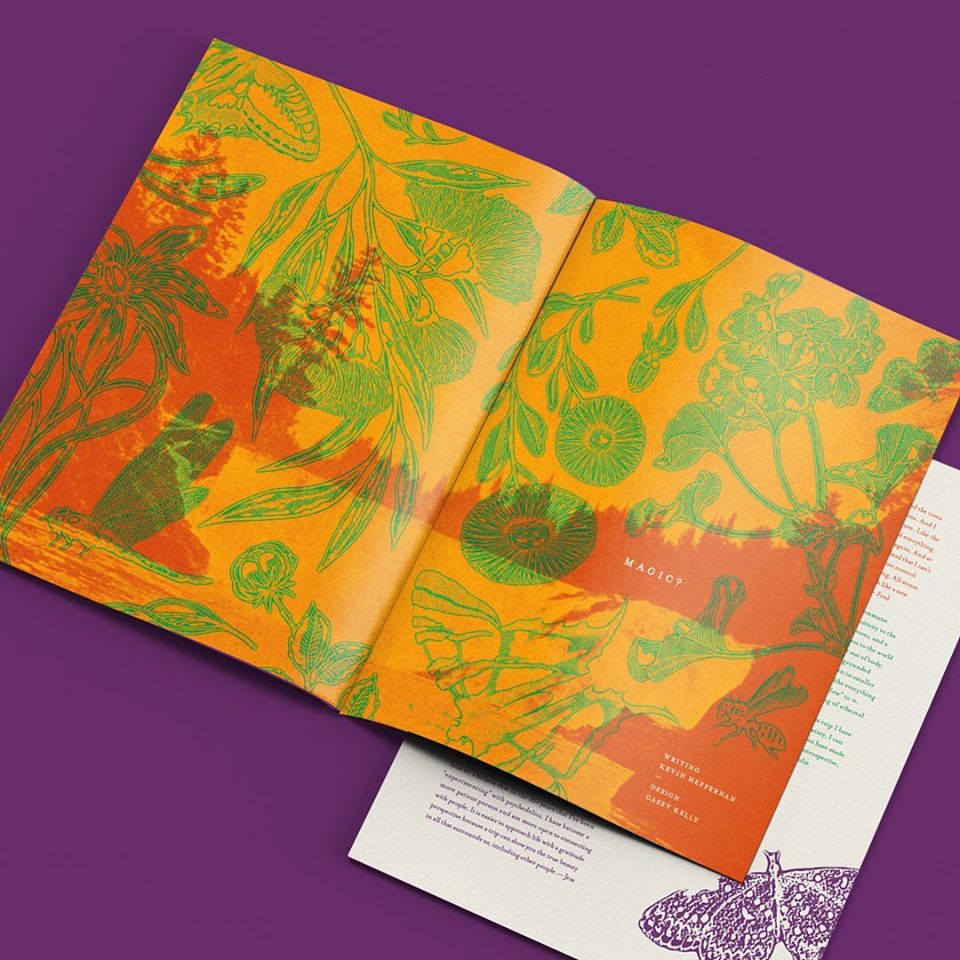
This year through a ballot initiative, voters in Denver effectively decriminalized “magic mushrooms”, or fungi containing the psychoactive compound psilocybin. A unanimous city council vote in Oakland went further, referring to “entheogenic plants” in general and other mushrooms and plants with psychoactive substances.
Still illegal, people may not sell or manufacture for commercial use, but no city funds will go to police efforts to enforce laws surrounding these substances. It’s a “lowest law enforcement priority” (LLEP) for the City of Oakland. Open Buffalo made a similar effort for LLEP regarding marijuana in the City of Buffalo before the state of New York got halfway toward legalization with their own decriminalization measures.
Speaking of marijuana, advocates of magic mushrooms are following the same playbook. Proponents of their use and legalization are trying to flood the internet with information about the drug’s relative safety (Like marijuana, there is no overdose amount consumed that could lead to a user’s death). They also tout psilocybin’s potential mental health benefits for those suffering from anxiety, depression, PTSD and more, and other perceived benefits in order to remove stigma about this drug, and then elevate their efforts from cities to states to the federal level.
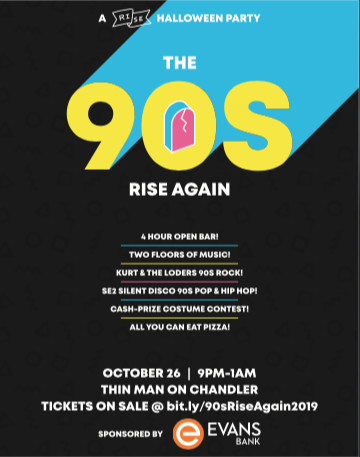
KQED, a public media station covering Northern California spoke to Nicole Steward from the group Decriminalize Nature Oakland.
“We just need the green light to bring these healing tools above ground and carry on what has been done for centuries,” Stewart told KQED. “Healing ourselves through our relationship with nature. Let’s start here in Oakland and be a beacon of hope and healing.”
Indeed, there is documented research from Johns Hopkins where controlled studies, led by professionals saw 80% of participants able to quit smoking, compared to 35% using varenicline (aka Chantix), considered to be the most effective (and legal) drug on the market for that purpose.
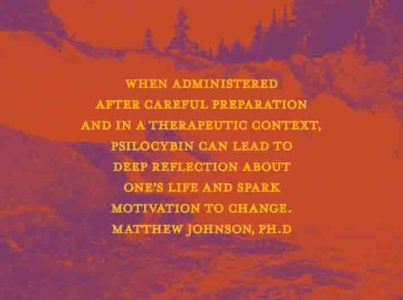
Oxford University also saw positive effects inside a study conducted on 51 cancer patients experiencing depression and existential anxiety over their diagnoses.
“High-dose psilocybin produced large decreases in clinician- and self-rated measures of depressed mood and anxiety, along with increases in quality of life, life meaning, and optimism, and decreases in death anxiety. At 6-month follow-up, these changes were sustained, with about 80% of participants continuing to show clinically significant decreases in depressed mood and anxiety. Participants attributed improvements in attitudes about life/self, mood, relationships, and spirituality to the high-dose experience, with >80% endorsing moderately or greater increased well-being/life satisfaction. Community observer ratings showed corresponding changes. Mystical-type psilocybin experience on session day mediated the effect of psilocybin dose on therapeutic outcomes.”
Headlines have popped up all over the internet, and we all know the main takeaway is the headline itself, and very few readers will click to learn more.
“Shrooms Are the Safest Drug You Can Take – Magic mushrooms are safer, even, than smoking weed.”
– VICE Media
“Magic mushrooms are the safest recreational drug, study says”
– USA Today
“Global Survey Says Magic Mushrooms Are the Safest Recreational Drug”
– Forbes
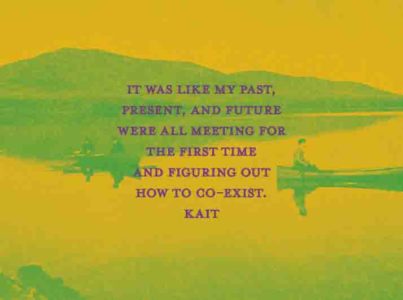
When these headlines and study results flood news feeds, people often feel empowered to experiment recreationally with the drug themselves. When we asked our readers to comment about their own experiences with magic mushrooms, our inbox was inundated with replies.
It should be noted that these benefits are often contextual, cited in a person’s perceptions and feelings, and they are not solely pharmacological. The advancement of decriminalization is leading to openings to perform more studies on larger groups. Recently, MDMA made a breakthrough when it was given a green light to run phase 3 (nearly ready to go to market) studies for psychotherapy for PTSD. Currently, there is no evidence that psilocybin has real benefits to its users when not guided by a medical professional.
On top of the lack of peer-reviewed results, DIY experimentation with magic mushrooms can come at great risk. True, one cannot overdose on them like heroin or fentanyl, but they may make a user do something irrational like run out into traffic or other dangerous acts. At the risk of sounding like the commercials you loathe on TV, if a person has genetic predisposition to a mental illness or psychotic disorder, use of psilocybin could also increase risk of triggering symptoms.
Mushrooms are going to become more prevalent and available, and while you may want to experience a trip, the main point here is not to try and solve your mental health issues with a session that is not supervised by a medical professional. While we share the experiences of those in our audience who did reply to our ask, we must reiterate that this is not an endorsement of the drug’s recreational use. Life can be experienced to its fullest without chemical assistance, but we wanted to hear from those who had tried it anyways (with names changed for privacy):
“I’m still processing the entire event. It wasn’t like smoking pot or edible cannabis. The mushrooms took about an hour and a half to fully set in, there was initially euphoria and a semi dissociative state, colors more vivid, lights had trails, then things became more intense, in that sounds seemed nearly visible. At that point the stimulation of everything was too much, so I laid down. I wasn’t able to fall asleep, yet the barriers to thought in my own mind seemed to lower. I was forced to confront my own existence, But without the ego normally attached. I had to come to grips with who I was, my place in the world and my ability to relate to it. It was rather enlightening, and I left that experience with a better understanding of myself, especially the parts I don’t like about me.”
– Otis
“Being someone recovering from a traumatic brain injury, I was initially afraid of what experiencing a psychedelic drug would do to me. After reading about psilocybin and all the studies done with them, I tried. It was an eye and mind opening experience. During my first trip, I faced many things that would cause me anxiety in my life. Instead of avoiding the thoughts, my mind found ways to positively confront them and lay down ways to rise above the anxiety and overcome them. It wasn’t just during the “trip”. My anxiety and depression levels for weeks after the experience were negligible. Going from being someone that battled chronic depression to going six months with no kind of depression or anxiety, it has been simply life changing.”
– Hoss
“My experiences were largely positive; good trips always leave me feeling refreshed and clear-headed, while even the few bad ones proved enlightening and valuable. They definitely change your perspective on things. However, there is the potential of risks to one’s mental health that users should be aware of before taking them. If you’re in a negative headspace or think you might not be in a good place to trip you should probably avoid the experience. Also it’s very important you know how strong your dose is (you can always take more but never take less once you’ve started heh) and be in a place where you’re comfortable and with people you trust.”
– Jordan
“My friends and I were hiking in Letchworth and they kicked in as we were walking down a trail. Everything around me felt super crisp and breezy. Walking suddenly felt very funny. Every time I picked up my foot, it felt like a helium balloon floating away, but when I would put it back down, it felt like it was melting into the path. We got to a spot where we could sit and look at the waterfall. I think the five of us ended up sitting there staring at the waterfall, listening to the water, watching the bees fly between the flowers next to us, in total silence for more than two hours, though it felt like 15 minutes. I remember one particular rock near the waterfall seemed like it was making silly faces at us. I liked it a lot.
I have done mushrooms a bunch more times since and even though each experience has been different than the others, one constant is that they’re better done during the day and in nature. Sitting on a hill, watching the tree line dance to the music at a festival is the best.
For me, it’s like the things that are there become more beautiful and interesting to look at. I believe that in the 10+ years that I’ve been “experimenting” with psychedelics, I have become a more patient person and am more open to connecting with people. It is easier to approach life with a gratitude perspective because a trip can show you the true beauty in all that surrounds us, including other people.
– Jess
“…And then the sky sort of crystallized. And the trees looked like they were sending out vibrations. And I felt completely safe and comforted by nature. Like the trees were holding everyone in place. And everything was good. And then colors became crazy again. And at one point I had this moment where I realized that I can’t control everyone or every thing. And if I just control what I can control then life will be amazing. All stress and mild sadness lifted from me. And I felt like a new person. I felt powerful. It was pretty wild.”
– Fred
“It was like the feeling of being in acute commune with the natural world around me. A sensitivity to the breath and purpose of the earth and the trees, and a divine understanding of my connectedness to the world around me. It never felt out of control or out of body, like some drugs can feel, but rather very grounded and centered, and reassuring. Taken in smaller doses/microdosing, I would say feels very much like everything I am experiencing has a certain “glow” to it. Not necessarily a visual glow, but a feeling of ethereal light and spirit.
I would say that every mushroom trip I have had feels almost therapeutic. With certainty, I can say that my experiences taking mushrooms have made me a better, more grounded, and more introspective, sensitive and compassionate human.”
– Julie

